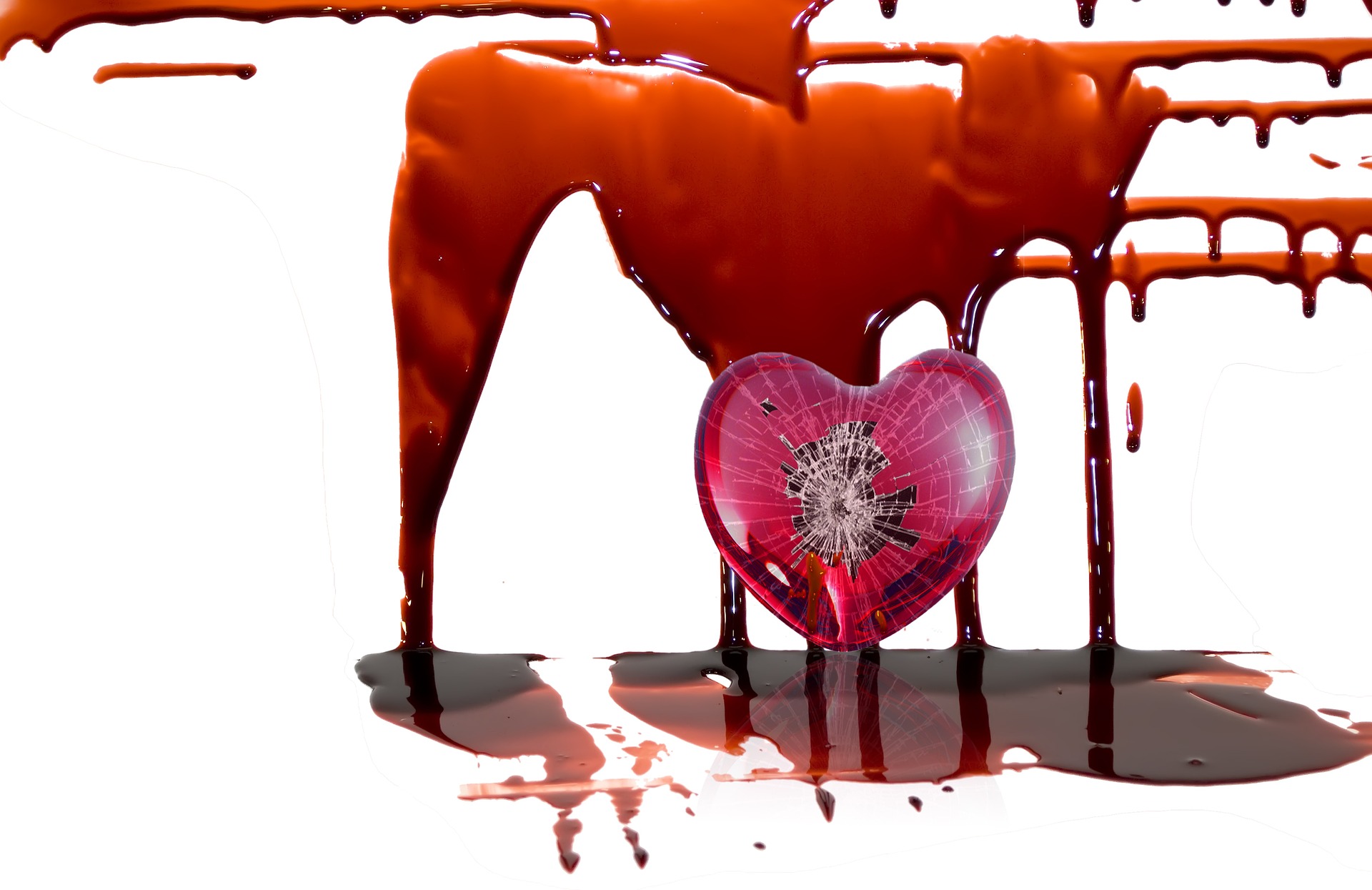The Impact of Diddy’s Verdict on the Music Industry
On April 16, 2021, the music industry was rocked by the verdict in the trial of Sean “Diddy” Combs. The hip-hop mogul and entrepreneur had been facing charges of assault and battery after an altercation with his son’s football coach at UCLA in 2015. After a week-long trial, the jury found Diddy not guilty on all counts, bringing an end to a legal battle that had been ongoing for six years.
The news of Diddy’s verdict spread quickly, with many in the music industry taking to social media to express their thoughts and reactions. Some were relieved and happy for Diddy, while others questioned the justice system and the privilege that may have played a role in the outcome of the trial. But beyond the immediate reactions, the impact of Diddy’s verdict on the music industry is something that will be felt for years to come.
One of the most significant impacts of Diddy’s verdict is the message it sends to other artists and industry professionals. Diddy’s case was highly publicized, and the fact that he was found not guilty may embolden others to use their power and influence to get away with similar actions. This could have a detrimental effect on the industry, as it may create a culture of impunity and enable those in positions of power to continue to abuse it.
Moreover, the verdict also highlights the issue of violence and aggression in the music industry. Diddy’s case is just one of many instances where artists and industry professionals have been involved in physical altercations. This raises questions about the toxic masculinity and hyper-masculine culture that often permeates the music industry. The verdict may serve as a wake-up call for the industry to address these issues and work towards creating a safer and more respectful environment for all.
Another aspect of the impact of Diddy’s verdict is the potential effect on his career and reputation. While he may have been found not guilty in a court of law, the court of public opinion may not be as forgiving. Diddy’s image and brand may have taken a hit, and it remains to be seen how this will affect his future projects and collaborations. Additionally, the verdict may also have an impact on his business ventures, as companies may be hesitant to associate themselves with someone who has been involved in a highly publicized legal battle.
Furthermore, the verdict also raises questions about the role of celebrities and their influence in the justice system. Diddy’s high-profile status and wealth may have played a significant role in the outcome of the trial. This highlights the issue of privilege and the unequal treatment of individuals in the justice system based on their social status and financial means. It also brings to light the need for reform and accountability in the legal system.
In conclusion, the impact of Diddy’s verdict on the music industry is multifaceted and far-reaching. It raises important questions about power dynamics, violence, and privilege in the industry. It also serves as a reminder of the influence that celebrities have and the need for accountability and reform in the justice system. As the music industry continues to evolve and grow, it is crucial to address these issues and work towards creating a more equitable and safe environment for all.
Analyzing the Evidence: Key Moments from Diddy’s Trial

The highly publicized trial of rapper and entrepreneur Sean “Diddy” Combs has been making headlines for weeks. After being charged with assault and battery, Diddy’s fate now lies in the hands of the jury. As the trial unfolds, the world is watching closely to see how the evidence will be presented and how the verdict will ultimately be decided.
The prosecution’s case against Diddy centers around an altercation that took place at a nightclub in Los Angeles. The alleged victim, a man named Steven, claims that Diddy punched him in the face during a dispute over a woman. The defense, on the other hand, argues that Diddy acted in self-defense and that Steven was the aggressor in the situation.
The first key moment in the trial came when Steven took the stand to testify. He recounted the events of the night in question, claiming that Diddy had approached him and started a heated argument. According to Steven, Diddy then punched him in the face, causing him to fall to the ground and suffer a broken nose. The prosecution also presented medical records and witness testimonies to support Steven’s version of events.
However, the defense team was quick to point out inconsistencies in Steven’s testimony. They argued that he had a history of violence and that he had been drinking heavily on the night of the incident. They also presented surveillance footage from the nightclub that showed Steven approaching Diddy and appearing to initiate the altercation. This raised doubts about the credibility of Steven’s version of events and cast doubt on the prosecution’s case.
Another key moment in the trial was the testimony of Diddy’s bodyguard, who was present at the nightclub on the night of the incident. He testified that he saw Steven approach Diddy and that he had to physically restrain him from attacking Diddy. This testimony supported the defense’s argument that Diddy acted in self-defense and that Steven was the aggressor.
The defense also presented evidence to show that Diddy had a clean record and no history of violence. They argued that he had no motive to attack Steven and that the incident was simply a case of self-defense. This evidence, combined with the inconsistencies in Steven’s testimony, further strengthened the defense’s case.
As the trial continued, both the prosecution and the defense called upon expert witnesses to testify. The prosecution called a medical expert to testify about the severity of Steven’s injuries, while the defense called a self-defense expert to explain the concept of reasonable force. These expert testimonies provided valuable insights into the case and helped the jury understand the complexities of the situation.
After weeks of testimony and evidence, the trial finally came to a close. The jury was given instructions and began deliberating on a verdict. As the world waited anxiously, the jury announced that they had reached a decision. Diddy was found not guilty on all charges, much to the relief of his family, friends, and fans.
In the end, the key moments in the trial, from Steven’s testimony to the expert witnesses, played a crucial role in shaping the outcome. The evidence presented by both the prosecution and the defense was carefully analyzed and scrutinized by the jury, who ultimately decided that Diddy was not guilty. As the trial comes to a close, it serves as a reminder of the importance of analyzing evidence and considering all sides of a story before coming to a verdict.
Celebrity Justice: How Diddy’s Case Highlights the Influence of Fame in the Legal System
On April 3, 2021, the verdict for the highly publicized case of Sean “Diddy” Combs was announced. The rapper and entrepreneur had been charged with assault and battery after allegedly attacking a man with a kettlebell at a gym in 2015. After a lengthy trial, the jury found Diddy not guilty on all counts. This verdict has sparked a conversation about the influence of fame in the legal system and how it can impact the outcome of a case.
One of the main arguments in Diddy’s defense was that he acted in self-defense. The prosecution argued that Diddy had intentionally attacked the victim, but the defense team presented evidence that the victim had a history of aggressive behavior and had initiated the altercation. This evidence, coupled with Diddy’s celebrity status, may have swayed the jury in his favor.
This is not the first time that a celebrity has been acquitted of a crime due to their fame. In fact, it is a common occurrence in the legal system. Celebrities often have access to top-notch legal teams and resources that the average person may not have. This can give them an advantage in court and potentially influence the outcome of their case.
Another factor that may have played a role in Diddy’s acquittal is his public image. As a successful rapper and businessman, Diddy has built a brand around his image as a powerful and influential figure. This image may have subconsciously influenced the jury’s perception of him, making it harder for them to believe that he could be capable of committing a violent act.
Moreover, the media coverage surrounding Diddy’s case may have also impacted the outcome. The constant attention and speculation from the media can create a biased narrative, either in favor or against the defendant. In Diddy’s case, his celebrity status and public image may have been portrayed in a positive light, which could have influenced the jury’s perception of him.
The influence of fame in the legal system is not limited to just the outcome of a case. It can also affect the way a case is handled and the severity of the punishment. Celebrities often receive more lenient sentences compared to the average person for similar crimes. This can be attributed to their status and the fear of negative publicity for the justice system.
However, it is important to note that not all celebrities are able to escape the consequences of their actions. In recent years, we have seen high-profile cases such as Bill Cosby and Harvey Weinstein, where their fame did not protect them from facing justice for their crimes. This highlights the fact that the influence of fame in the legal system is not absolute and can vary depending on the circumstances of the case.
In conclusion, Diddy’s case has shed light on the influence of fame in the legal system. While it is not a new phenomenon, it is a concerning issue that needs to be addressed. The power and privilege that come with celebrity status can have a significant impact on the outcome of a case, potentially leading to an unfair and biased verdict. As a society, we must strive for a justice system that is fair and impartial, regardless of one’s fame or status. Only then can we truly achieve justice for all.




